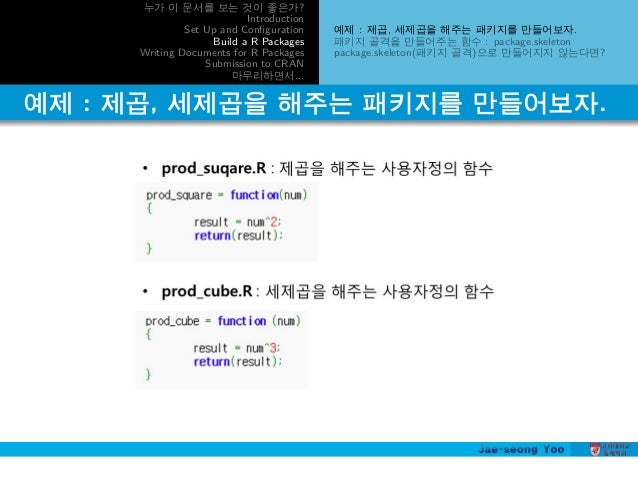

Most often, you'll use this repository to install various R packages. The Comprehensive R Archive Network ( CRAN) repository stores thousands of stable R packages designed for a variety of data-related tasks. Installing R Packages from the CRAN Repository To start working with the packages in R, we first need to install them. This popularity is because R offers an impressive choice of data science-oriented packages, which are collections of methods for implementing specific functionality not included in basic R. R is a programming language for statistical computing, especially efficient for performing data science tasks. But before we can put its packages to work, we need to install them.

Reprex package is meant for.R is a powerhouse programming language with many data science applications. If you’re asking for R help, reporting a bug, or requesting a new feature, you’re more likely to succeed if you include a good reproducible example, which is precisely what the Getting Started guide or, for more detailed examples, go straight to the These packages provide a comprehensive foundation for creating and using models of all types. Tidymodels packages, which largely replace the Modeling with the tidyverse uses the collection of Paste() that makes it easier to combine data and strings. Piping operators (like %$% and %%) that can be useful in other places. It also provide a number of more specialised Purrr, which provides very consistent and natural methods for iterating on R objects, there are two additional tidyverse packages that help with general programming challenges: dbplyr allows you to use remote database tables by converting dplyr code into SQL.ĭata.table backend by automatically translating to the equivalent, but usually much faster, data.table code.There are also two packages that allow you to interface with different backends using the same dplyr syntax: You’ll need to pair DBI with a database specific backends likeĭplyr, there are five packages (includingįorcats) which are designed to work with specific types of data:

Readr, for reading flat files, the tidyverse package installs a number of other packages for reading data: They are not loaded automatically with library(tidyverse), so you’ll need to load each one with its own call to library(). The tidyverse also includes many other packages with more specialised usage. R uses factors to handle categorical variables, variables that have a fixed and known set of possible values. Forcats provides a suite of useful tools that solve common problems with factors.


 0 kommentar(er)
0 kommentar(er)
